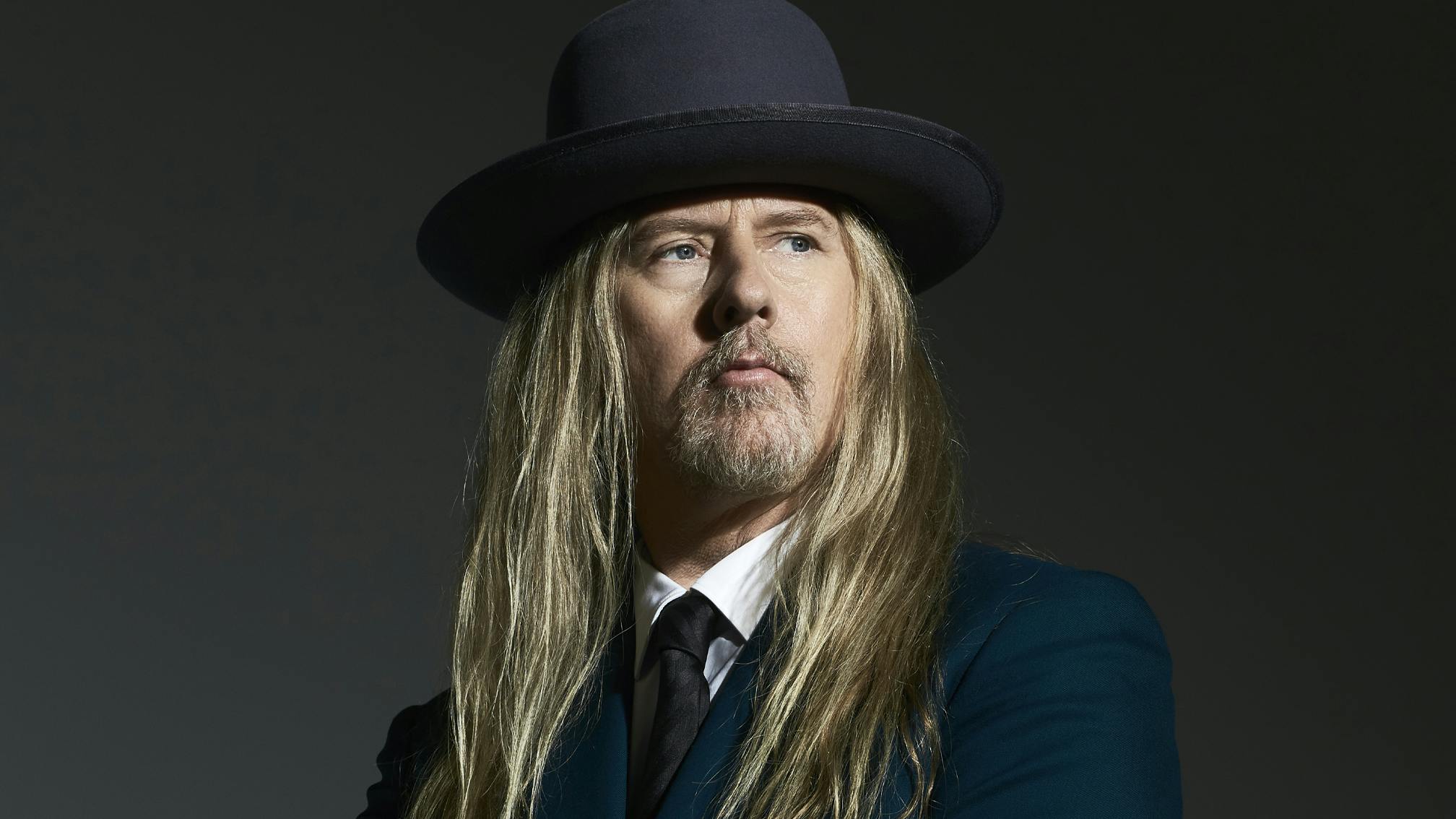How representative is Atone of the rest of Brighten?
“There’s another song on the record that’s completely different to Atone but I feel that they’re related. Both songs have a real spaghetti western vibe to them – that Sergio Leone, Ennio Morricone flavour – which I didn’t intend, but when I hear them it feels like I’m watching a Clint Eastwood movie. They both have a bit of that outlaw vibe. On this record in general, there’s a lot of influence from the stuff I grew up listening to, like classic rock and singer-songwriter stuff of the ’60s, ’70s and even some of the ’80s. I also used a lot of voices and instruments that I don’t traditionally use in a heavy way and it’s really fucking cool.”
The song Maybe from Rainier Fog had a ’70s vibe to it, so it appears you’ve followed that trail of influence on Brighten. You’ve also emulated the loose line-up of collaborators many bands had in the ’70s – is that because of playing with the same guys for the past few years?
“Absolutely – and I think it was critical. I got to play with a really cool group of musicians, the majority of which were introduced to me – with the exception of Duff, who I’ve known forever, and [drummer] Gil Sharone, who I’d done a song with [A Job To Do] for the second John Wick film. I did a couple of shows in LA [at Pico Union Project in December 2019] before everything shut down and the core of that band are the performers on this record, with a few additions to the project like [Tool producer] Joe Barresi, who I asked to mix the album. It was Joe who suggested we treat it like a ’70s record, with a bunch of different feels on it. So while Gil cut the record, we got other players too, like Abe Laboriel Jr., because we thought a couple of the songs spoke a little more to his style.”
Greg Puciato sings backing vocals on this record. How did you find out your voices worked well together, considering how important melodic chemistry has been to your career?
“Greg and Gil had obviously been in The Dillinger Escape Plan together; I met Greg at those shows in LA and we’ve become really good friends. Harmony is obviously really important to me. I write for two voices and our voices fit together really nicely. Greg is like Layne [Staley] and William in the respect that he’s got more firepower [vocally] than I do. My voice is a bit more smooth and clean, and sounds best when it’s paired up with someone who’s got a bit more fucking edge and power – and Greg certainly has that. His addition on this record was really great.”
